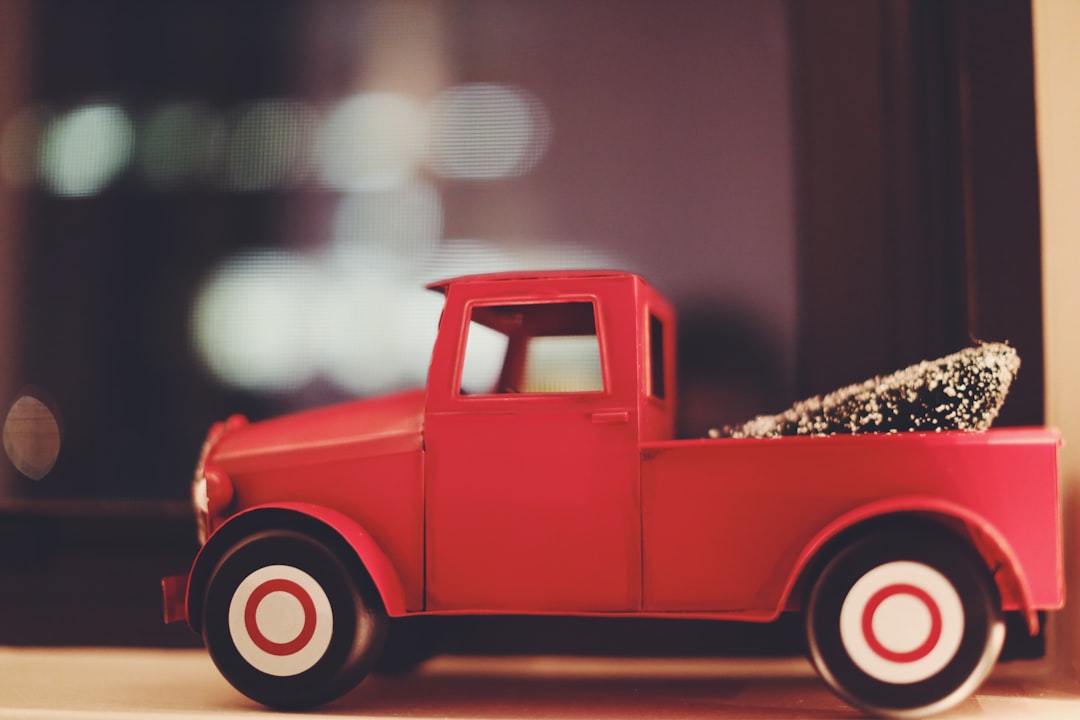Toys are not just items for entertainment; they play an essential role in child development and well-being. As adults, it is our responsibility to ensure that the toys our children play with are not only safe but also hygienic. Safe and hygienic toy care is crucial for maintaining a healthy environment for our little ones. Let's delve into why this aspect of toy management should be a top priority for every parent.
Preventing the Spread of Germs
Children often have a habit of putting toys in their mouths, which means these toys come into contact with saliva and potentially harmful bacteria. By regularly cleaning and sanitizing toys, we can prevent the spread of germs and reduce the risk of illnesses among children.
Extending Lifespan of Toys
Proper toy care not only benefits our children's health but also helps in extending the lifespan of the toys. Regular cleaning and maintenance can prevent wear and tear, ensuring that the toys remain in good condition for a longer time.
Safe Play Environment
A clean and hygienic play environment is essential for a child's overall well-being. By keeping toys clean, we create a safe play environment where children can explore and learn without the risk of being exposed to harmful substances or bacteria.
Choosing the Right Cleaning Products
When it comes to cleaning toys, it's important to choose the right cleaning products. Opt for non-toxic and child-safe cleaners to avoid exposing your child to harmful chemicals. Additionally, read the manufacturer's instructions on how to clean specific types of toys.
Regular Cleaning Schedule
Creating a regular cleaning schedule for toys can help in maintaining a hygienic play area. Make it a habit to clean toys at least once a week, focusing on frequently used items such as stuffed animals, teething toys, and bath toys.
Separate Cleaning for New and Old Toys
It's advisable to clean new toys separately from old toys to prevent the spread of germs. New toys may have come into contact with various surfaces during manufacturing and shipping, so giving them a thorough clean before introducing them to your child is essential.
Storage Solutions for Clean Toys
After cleaning toys, it's crucial to store them properly to maintain their cleanliness. Invest in storage solutions such as bins, baskets, or toy organizers to keep toys organized and prevent dust and dirt from accumulating on them.
Teaching Children About Hygiene
Toy care is not just the responsibility of parents; it's essential to involve children in the process as well. Teach your child about the importance of keeping toys clean and the proper way to maintain their favorite playthings.
Hygienic Practices for Shared Toys
If your child shares toys with other children, it's even more crucial to ensure hygienic practices. Encourage sharing while also emphasizing the importance of cleaning toys before and after playtime to prevent the spread of germs.
Regularly Inspecting Toys
In addition to cleaning, regularly inspecting toys for signs of damage or wear is vital. Check for loose parts, sharp edges, or any other potential hazards that could harm your child. Discard or repair damaged toys promptly.
Incorporating Toy Care into Routine
Make toy care a part of your family's routine to instill good hygiene habits in your children. By integrating toy care into everyday activities, you emphasize the importance of cleanliness and create a healthy play environment for your little ones.
Investing in Your Child's Well-being
Safe and hygienic toy care is not just about cleanliness; it's an investment in your child's well-being. By prioritizing the cleanliness and maintenance of toys, you contribute to creating a safe and healthy environment where your child can learn, grow, and thrive.
Takeaway
Ensuring safe and hygienic toy care is an essential aspect of parenting that should not be overlooked. By implementing proper cleaning practices, choosing child-safe cleaning products, and involving your child in the process, you create a nurturing environment where toys are not just playthings but tools for growth and development.

